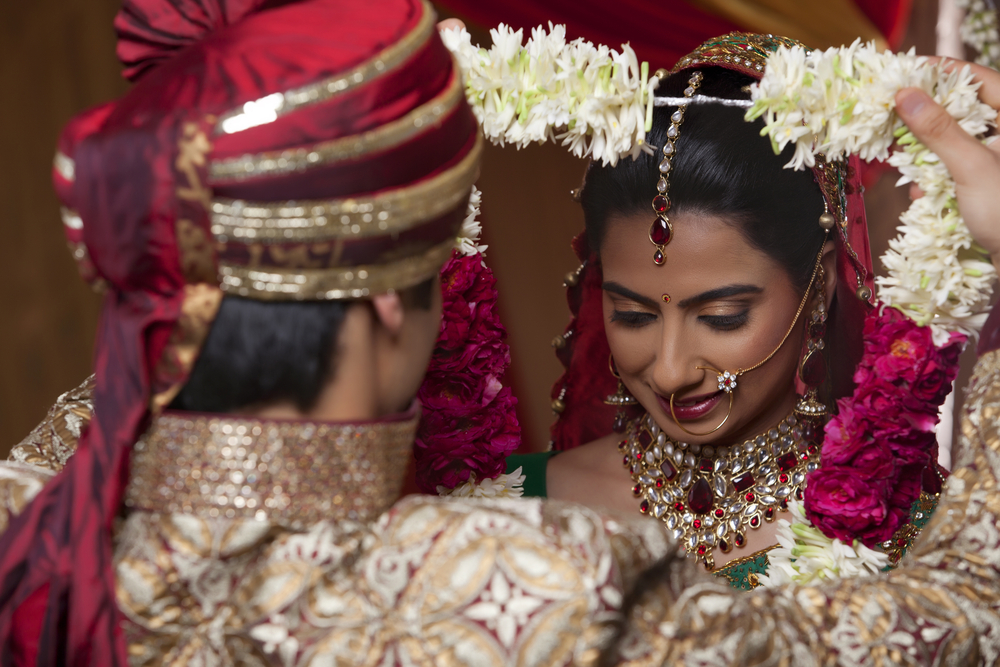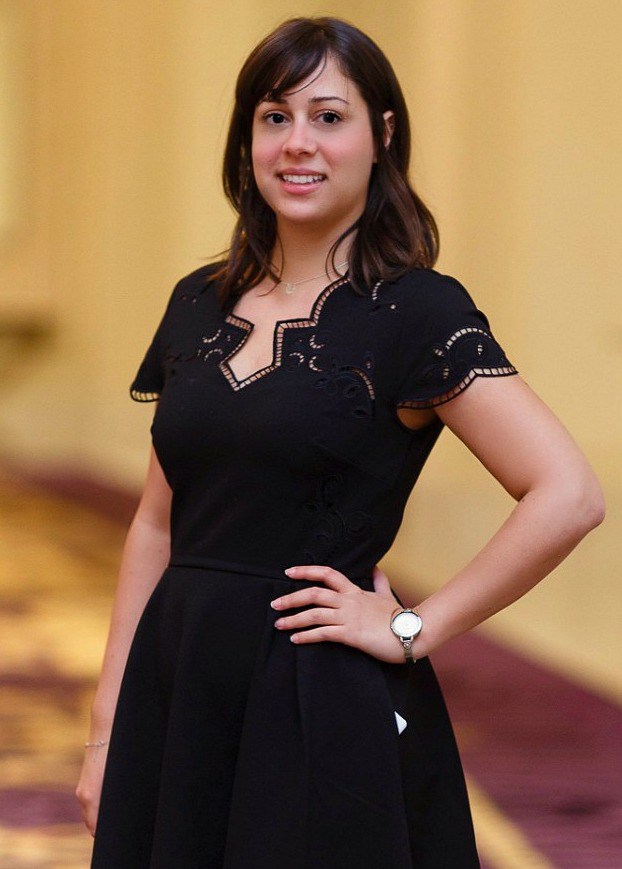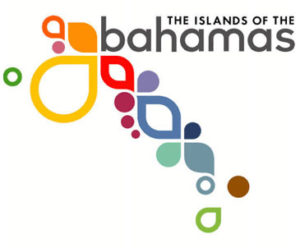

By: May Abu Jaber-Halasa, WPICC of The Wedding Haven
Wedding Planning & Cultural Sensitivity
Embodying culture and tradition into a couple’s wedding can be tricky for wedding planners. We are constantly walking a fine line of finding new and innovative ways to express the significance of a couple’s culture, while not offending anyone, be it the bride and groom, their parents, or any of their guests. And believe me it’s no easy task!
And as a wedding planner, it’s important to be a sensitive listener, always catching the details of your clients’ vision, and reading between the lines. If you have doubts about any cultural aspect, vocalize it. You really don’t want to be in a situation where you inadvertently offend anyone.

Here at The Wedding Haven, we pride ourselves in having planned weddings of various cultural backgrounds. And here are some pointers that we thought might be useful to keep in mind:
1. Ask questions. If you don’t understand what the specific cultural reference is, ask your clients to explain it to you. There’s no shame in learning new information and concepts. You do not want to end up in a situation where you offend someone only because you were too ashamed or shy to ask.
2. Think about how to word questions. If you can send out an email with questions to your couple, we highly recommend you do so. This gives you the chance to write, re-write, and re-read your email before sending it out. If not, take a deep breath and really think about how you are wording
3. Be aware of the impact of culture. This sounds like a no brainer, but it’s crucial to understand the invisible dynamics that are at play when planning a wedding that differs from your own cultural background. Acknowledge the differences, take time to understand them (even if you disagree with them), and ask about them. You might need to adjust your usual planning process to ensure that you are being culturally sensitive.
4. Educate yourself. Don’t go into a meeting blindly. For instance, if you know you are meeting an Arab couple, take some time to learn about the priorities that most Arab weddings focus on. Do they have a ceremony? What kind of ceremony? Who attends the ceremony? Who pays for the wedding? What types of food should be avoided? Are there certain colors that are frowned upon? Are there specific dances?
5. Do not make assumptions or generalize. Just because you coordinated a wedding where the bride and groom were Venezuelan, doesn’t mean that ALL potential Venezuelan weddings will be the same.
6. Think about your body language. We tend to forget that our bodies can speak, and our couple’s can hear our silent body language. We can unintentionally offend or intimidate them. To send a positive message, align your body with that of the person you’re talking to. That way, you’re saying, “I’m listening and I care about what you’re saying.”
We are wedding planners focusing on organizing and coordinating unique and creative weddings an events all over the UAE, Jordan, Cyprus, Greece, Croatia, Spain, France, Malaysia, Turkey, Caribbean, and Mexico. The Wedding Haven, is a Premium-level award wedding planning firm owned and operated by May Abu Jaber-Halasa. An expert in the field of destination weddings, May is certified by the Wedding Planners Institute in Canada (WPIC), and the Travel Industry Council of Ontario (TICO).
At The Wedding Haven, we offer our couples an all inclusive A-Z service where we take on the entire event. From venue scouting, menu design, light & sound, staging and floor planning, entertainment, flowers, kosha design, and the more obvious planning and coordination. We plan wedding in the UAE and abroad, and speak English, Spanish, French, and Arabic!







Leave a Reply